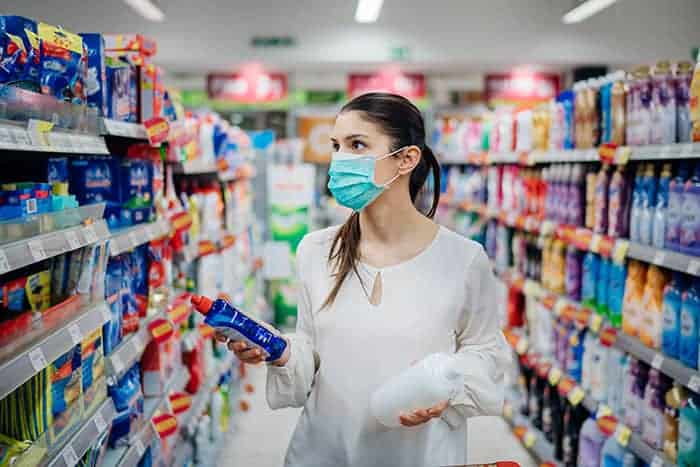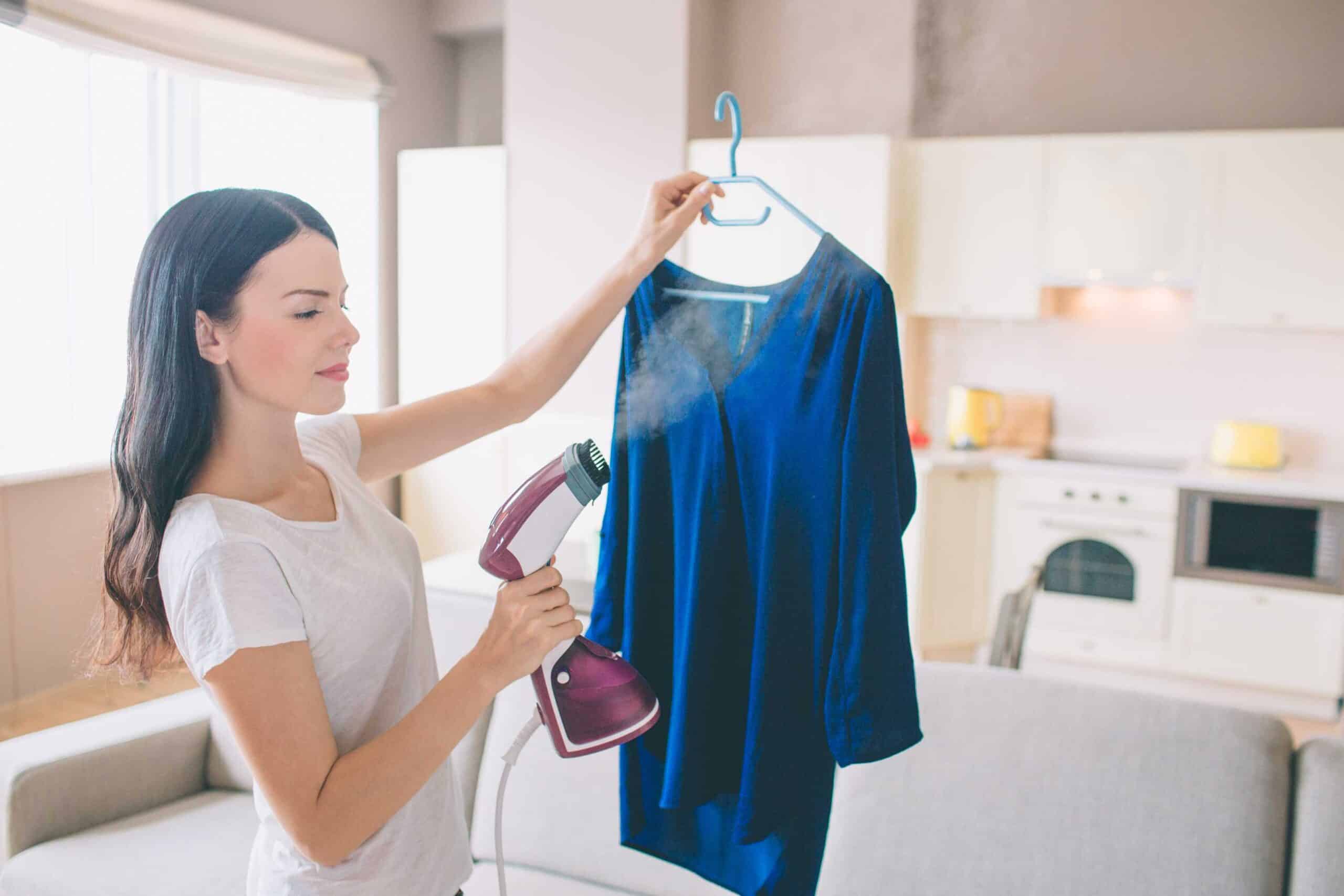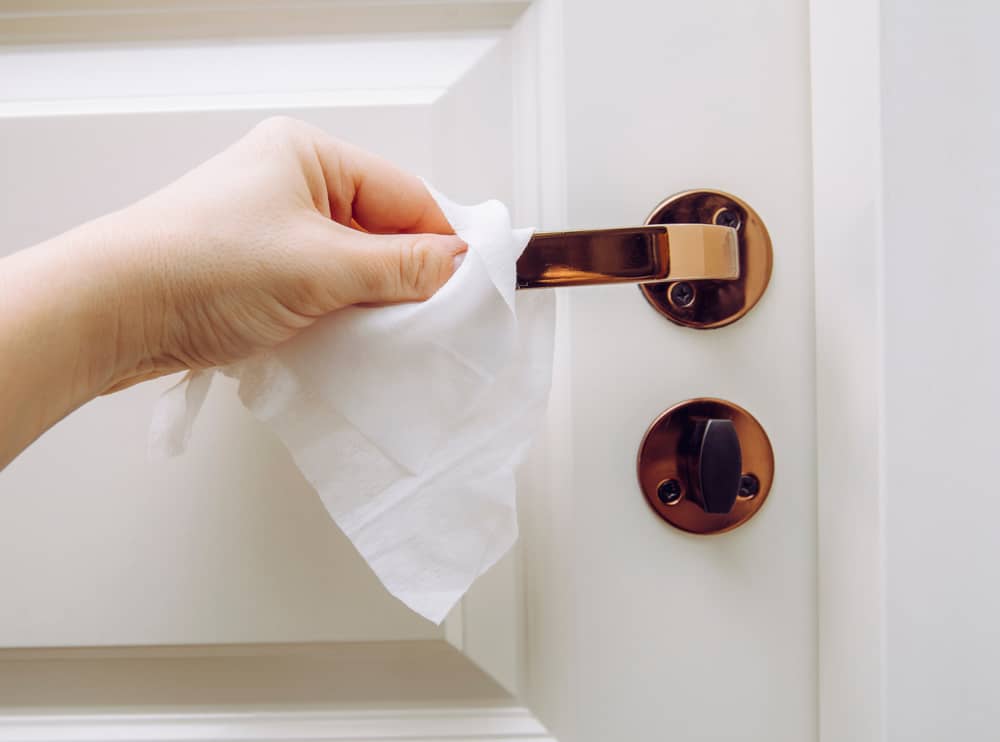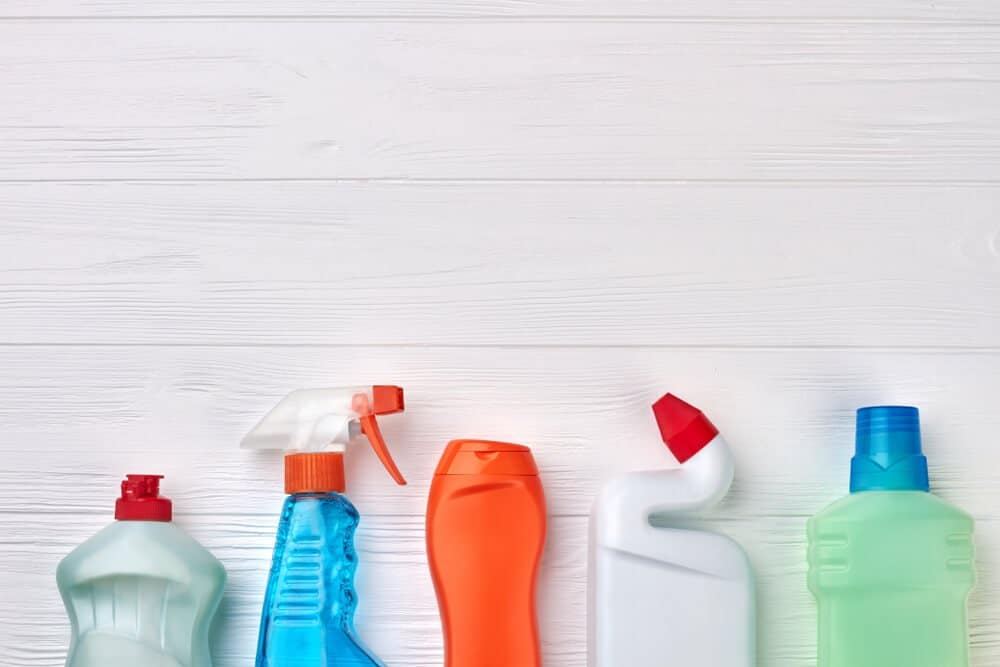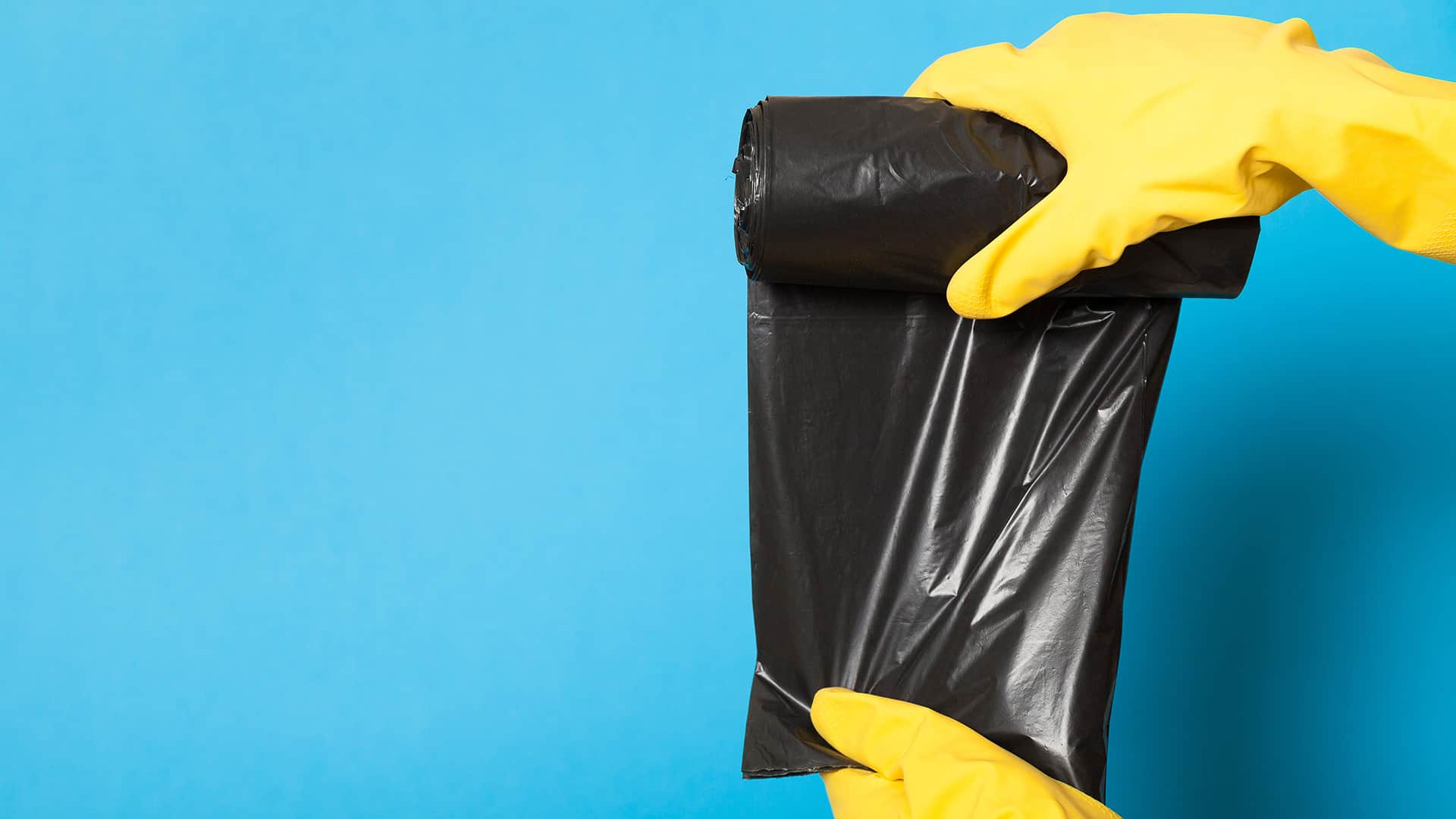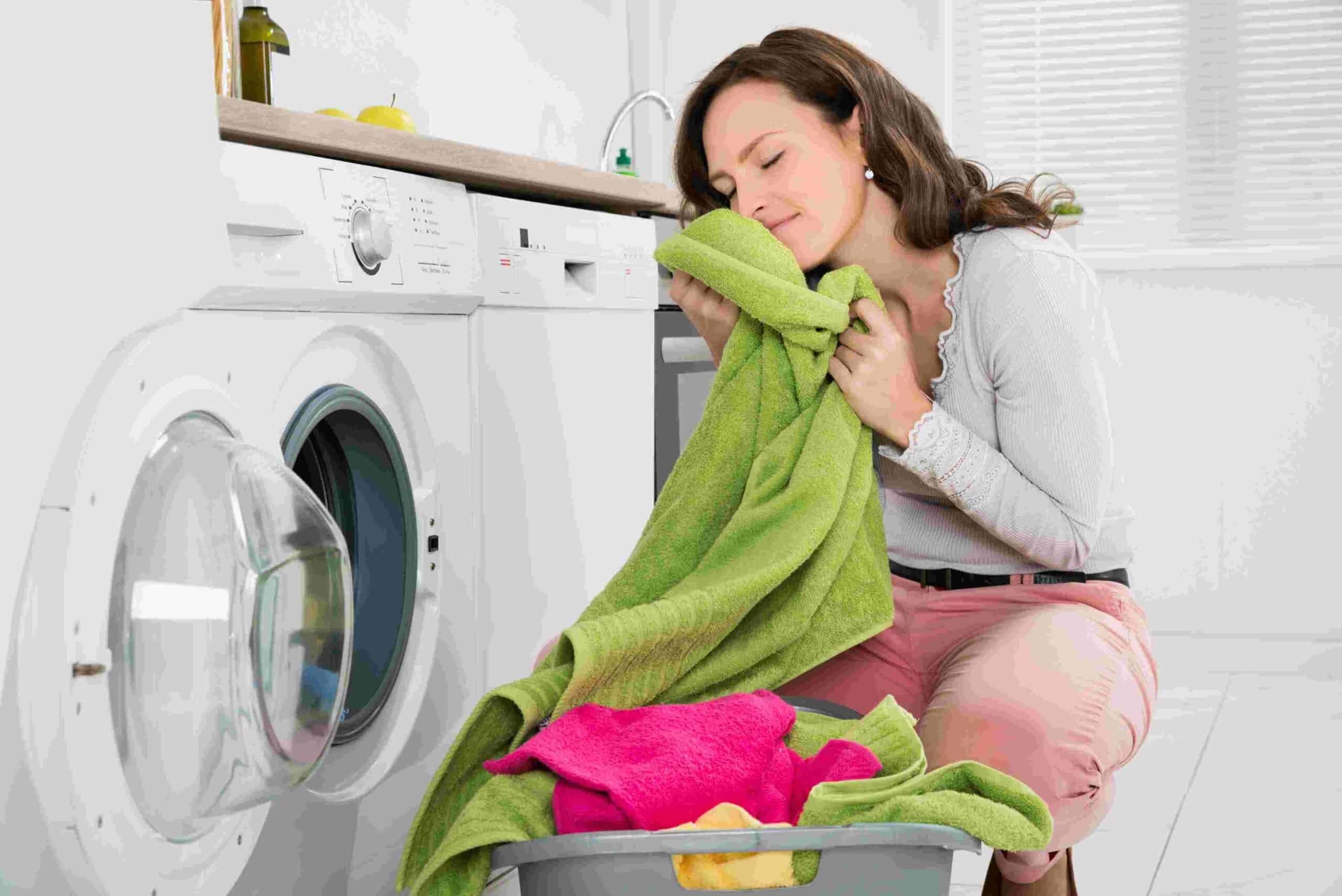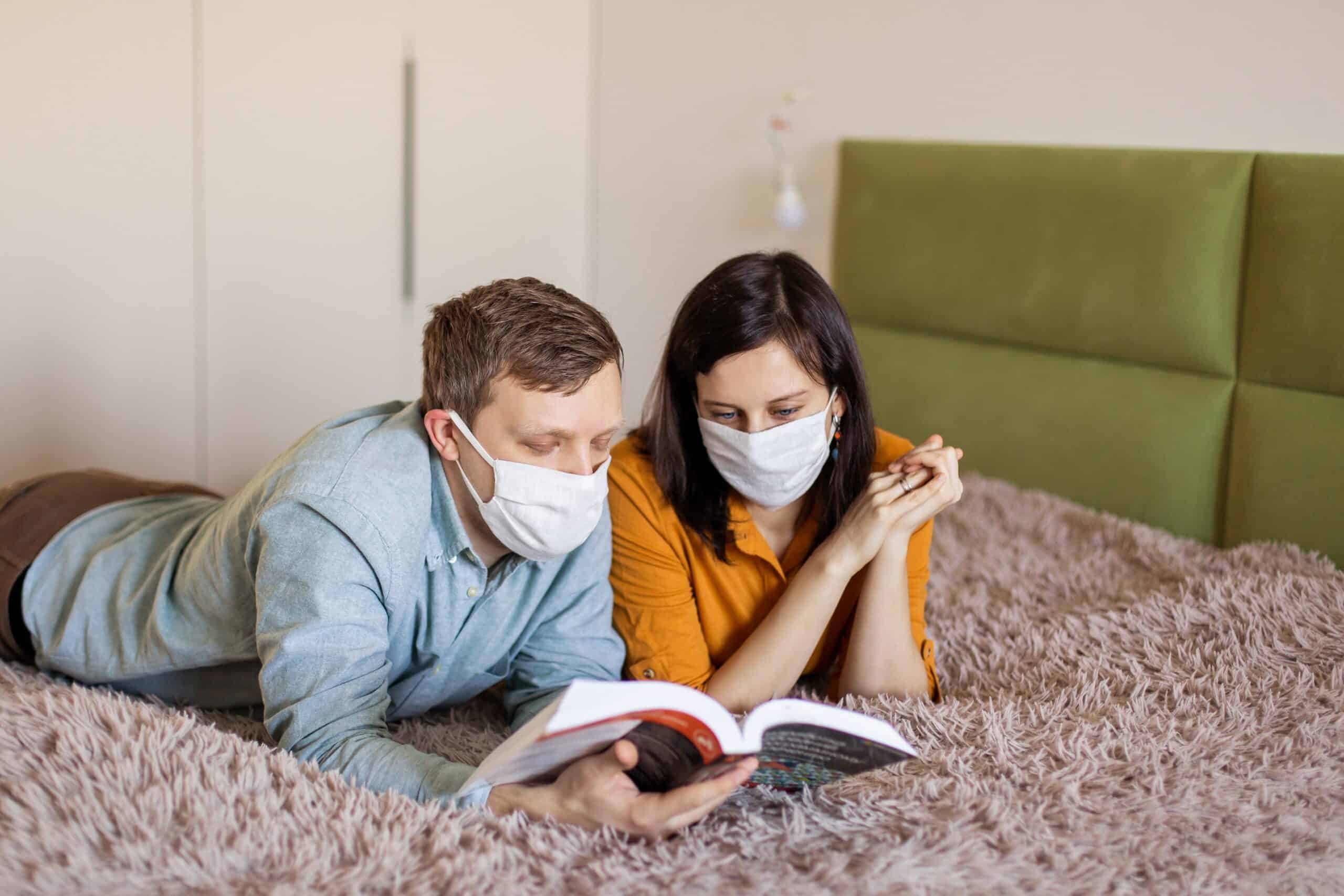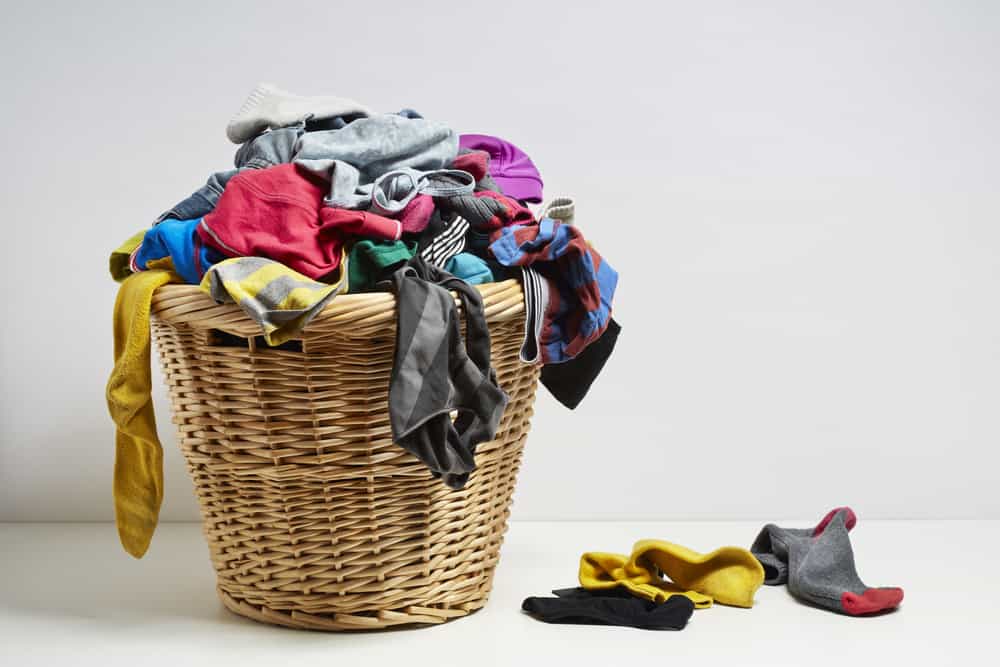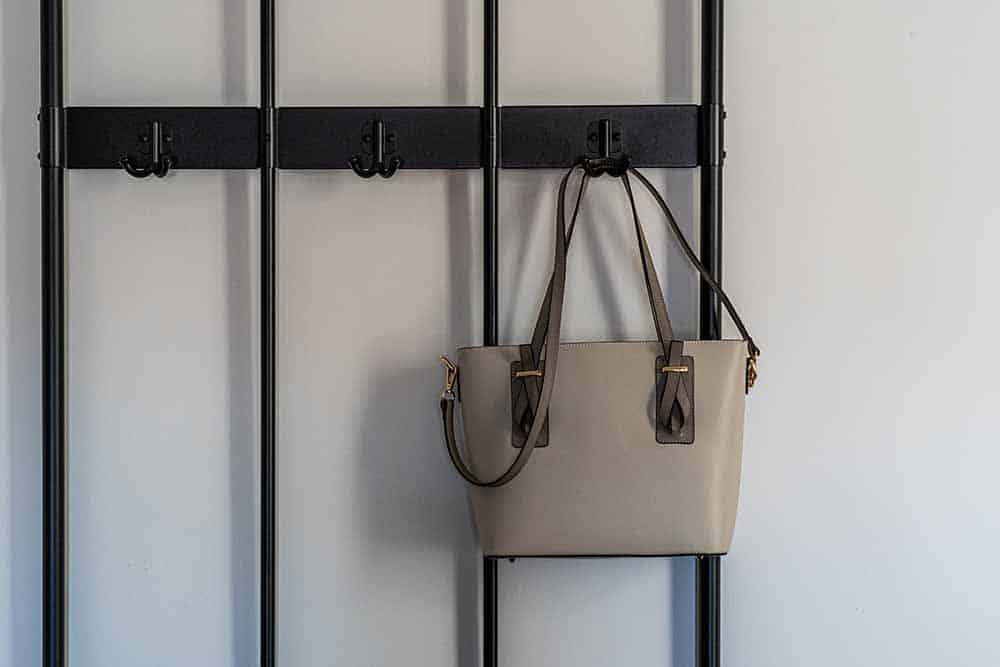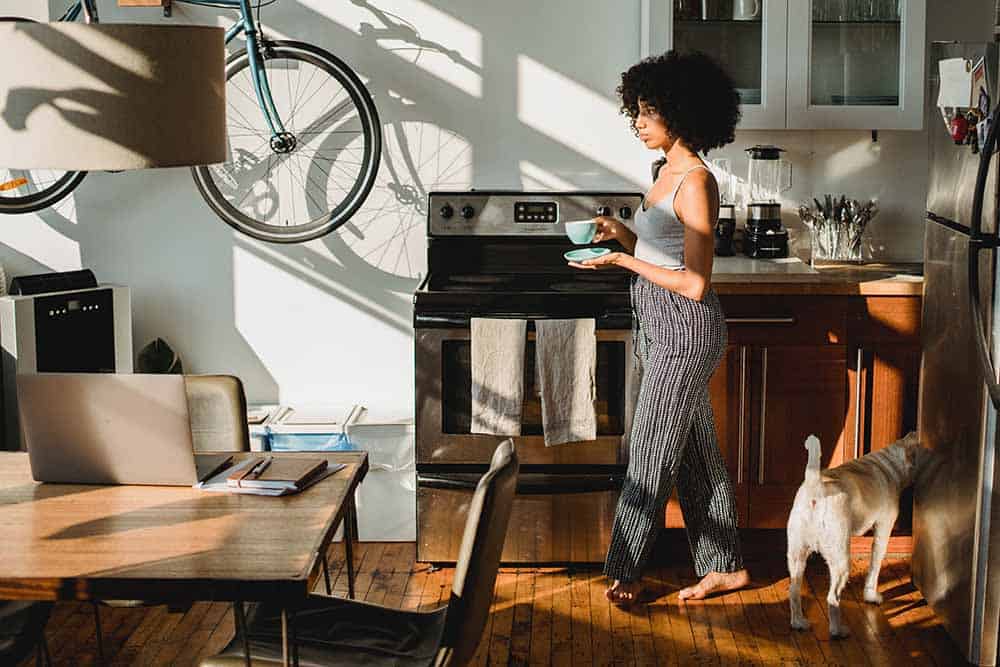The obvious answer to protecting your home from the virus is to stay home where you can’t possibly catch it from someone else. This helps to “flatten the curve” of infection. However, it’s always possible that you’re living with someone who is still required to work, because they are in a field that is essential to society. Or, maybe your partner or roommate isn’t obeying the rules, because they believe they would only get “mild symptoms” if they got sick. This is especially dangerous, because there is a lot of misinformation going around the Internet. Even if you are in self-isolation and leave your house for essentials like groceries, there is still a chance you could accidentally become a carrier. Here at Home Addict, we’re giving you some of the best ways to clean up your house to prevent the spread of this crisis.
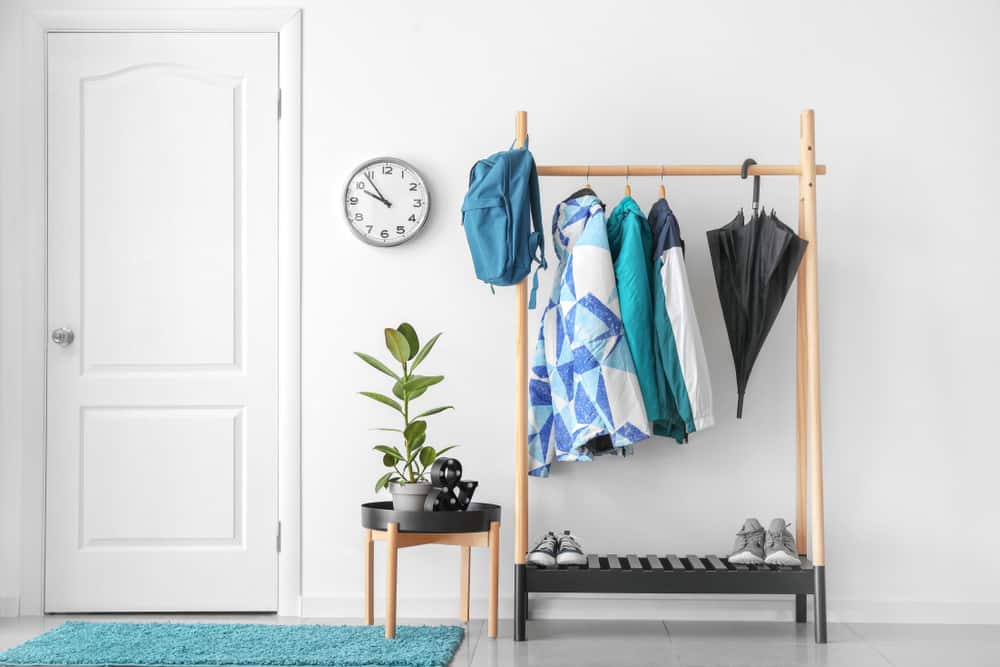
30. Leave Shoes, Coats, and Bags at the Door
Whenever you leave your house, you should protect your home from any remnants of the virus that could be potentially sitting on your clothes. This is why you should take off your coat, shoes, and purse in your front entryway. If you’re the sort of person who usually leaves your shoes on when walking around the house because your feet get too cold, buy a nice pair of house slippers online, and switch to them as soon as you walk inside. Some people have a smaller house or apartment without a mud room or dedicated entryway, so you might want to buy a coat and shoe rack to assemble near your front door. Cube shelving is also a good option that doesn’t take up a lot of space, but it gives you a dedicated space to place your shoes and bags.
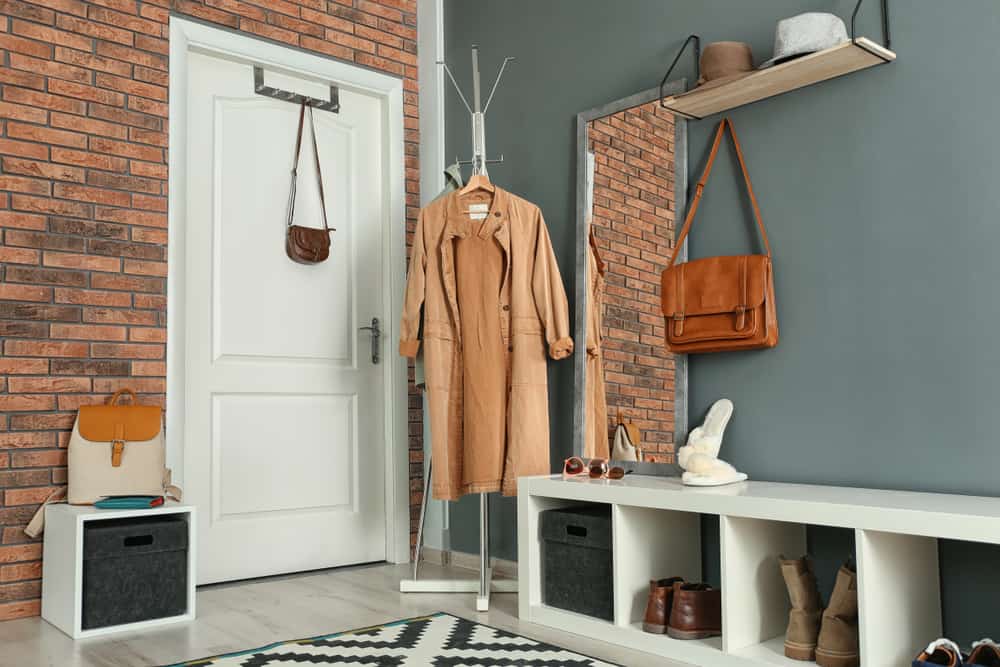
After hanging up your outdoor items, spray the objects with an aerosol disinfectant, or use disinfecting wipes to clean anything that has been outside. In households where there are vulnerable people living inside, some have gone the extra step to take everything off before they enter the house. Leaving a can of disinfectant spray on your front porch might be a good idea to spray yourself off before entering. Even without a crisis, creating a dedicated entryway is a great way to keep your home clean and organized. So by taking the extra steps to do this now, you’re going to set a president for cleanliness going forward.

